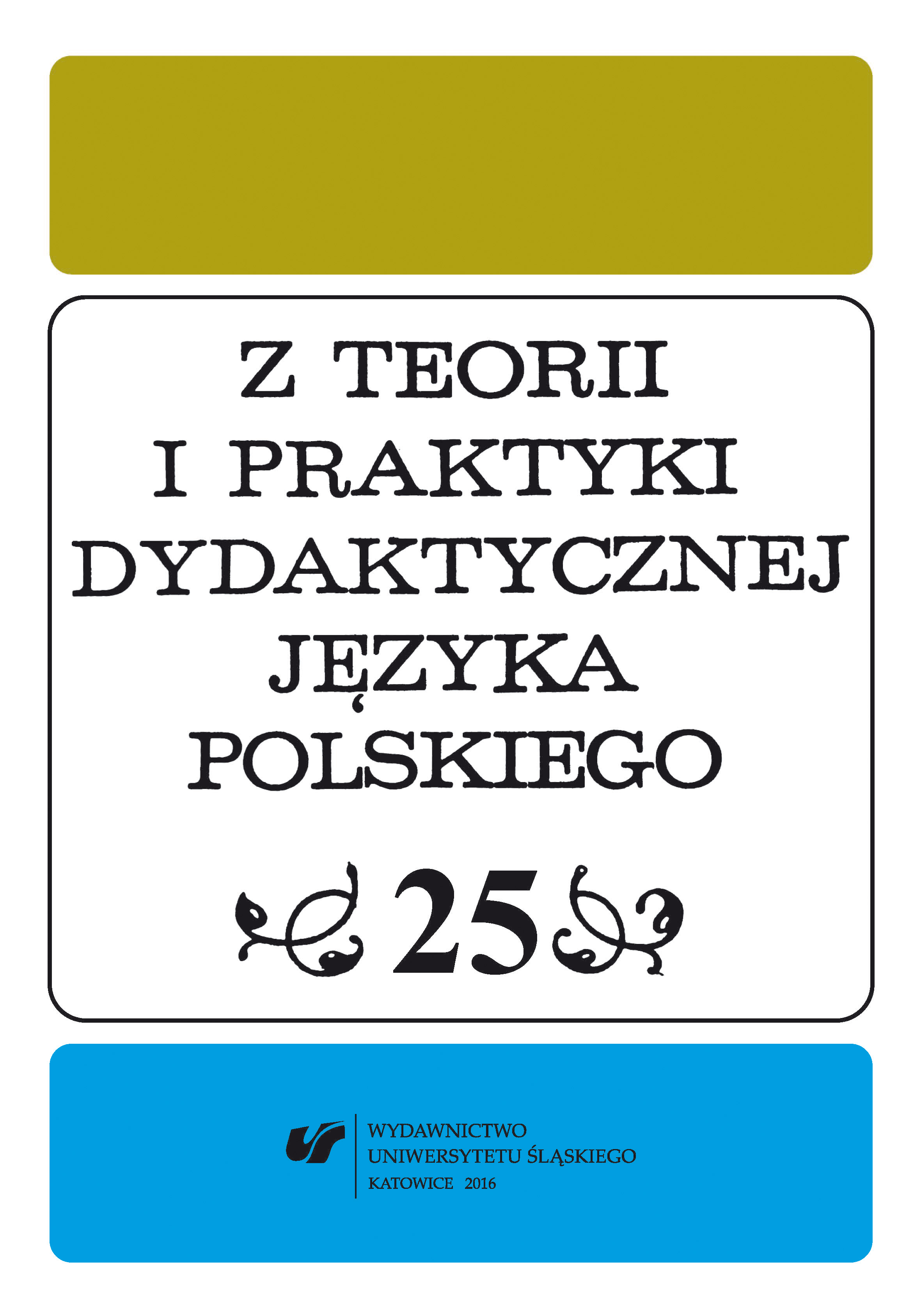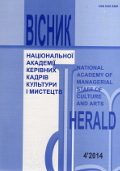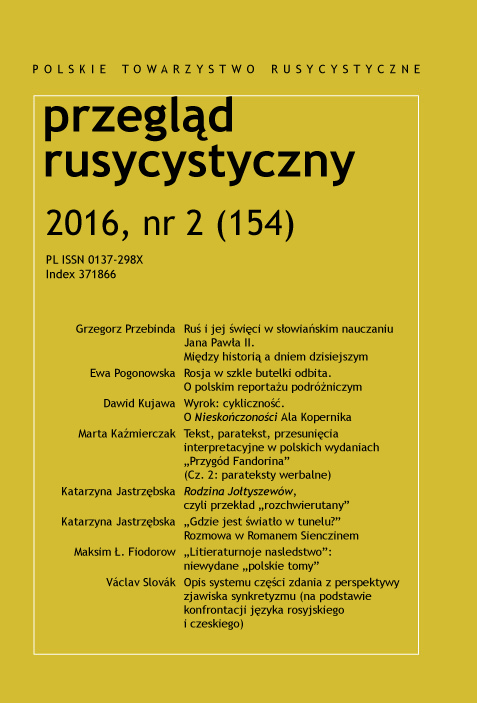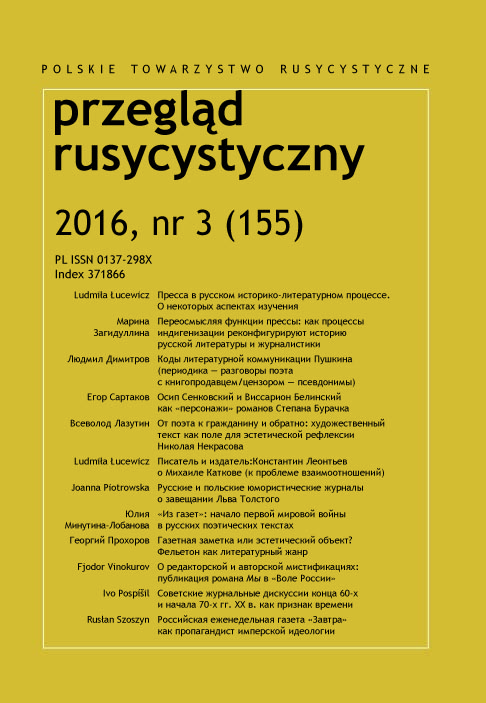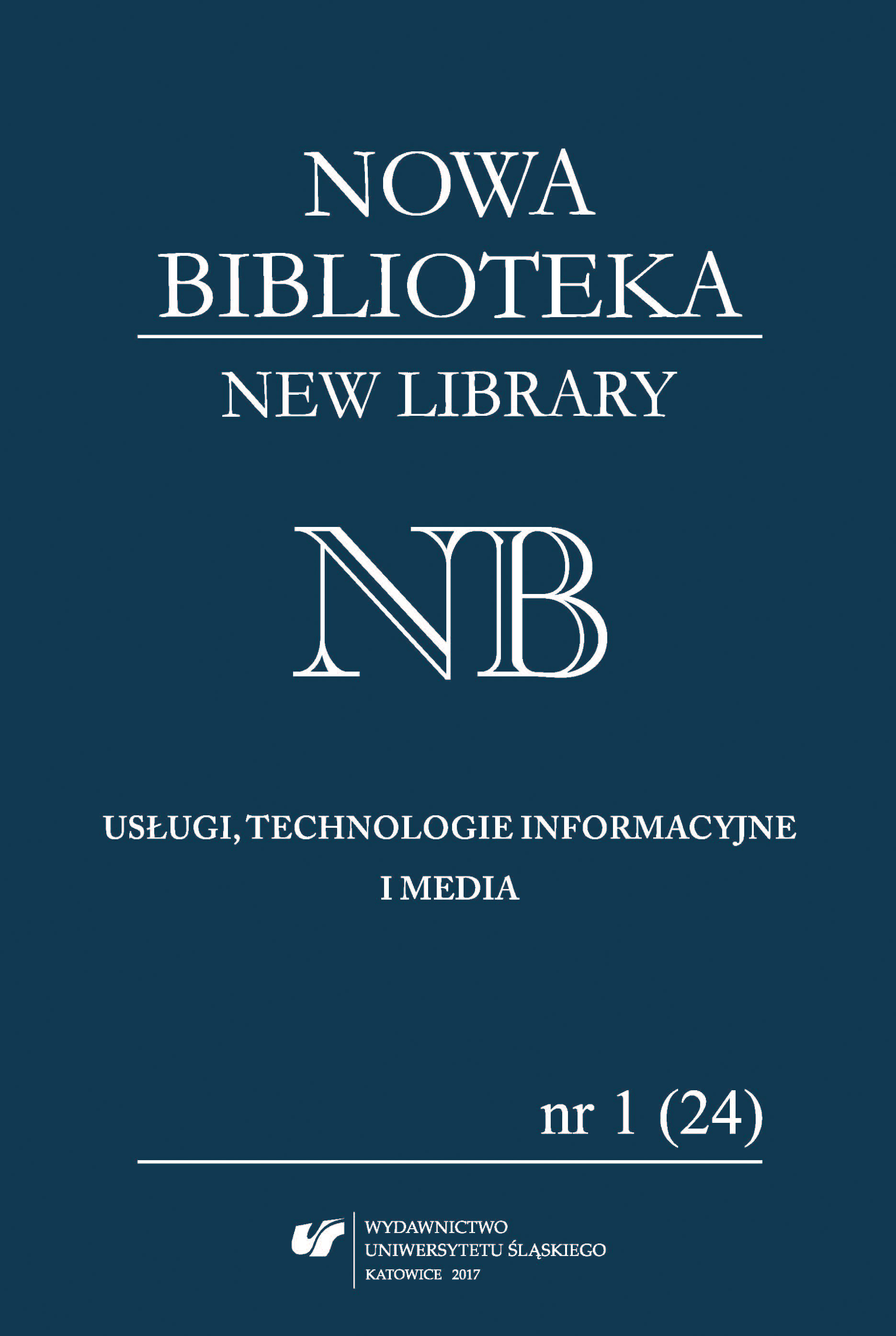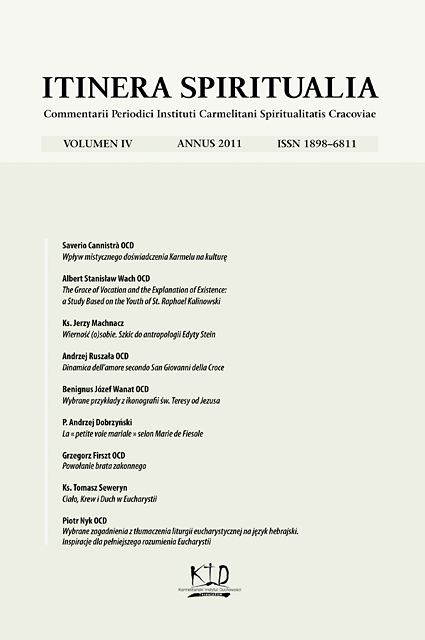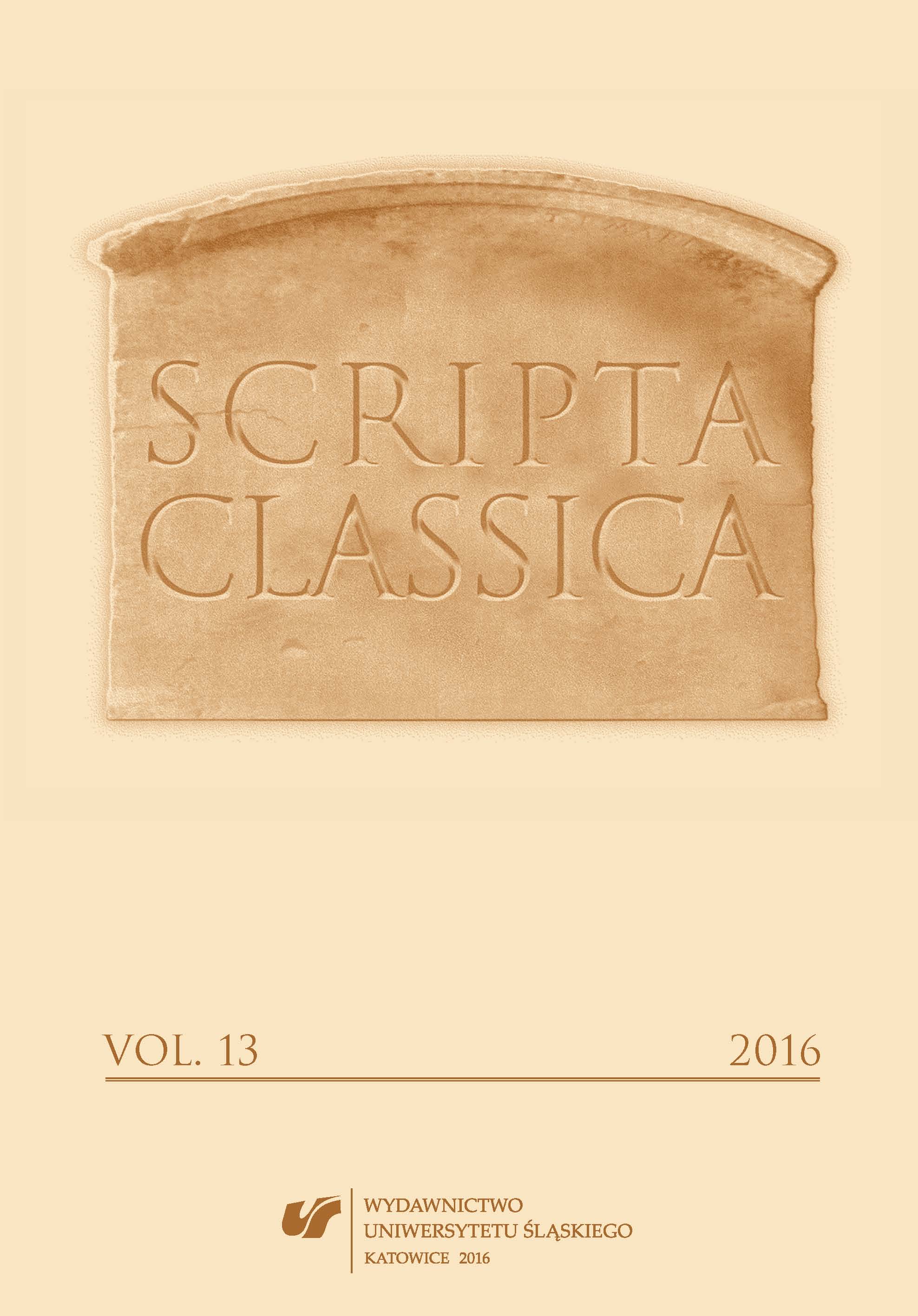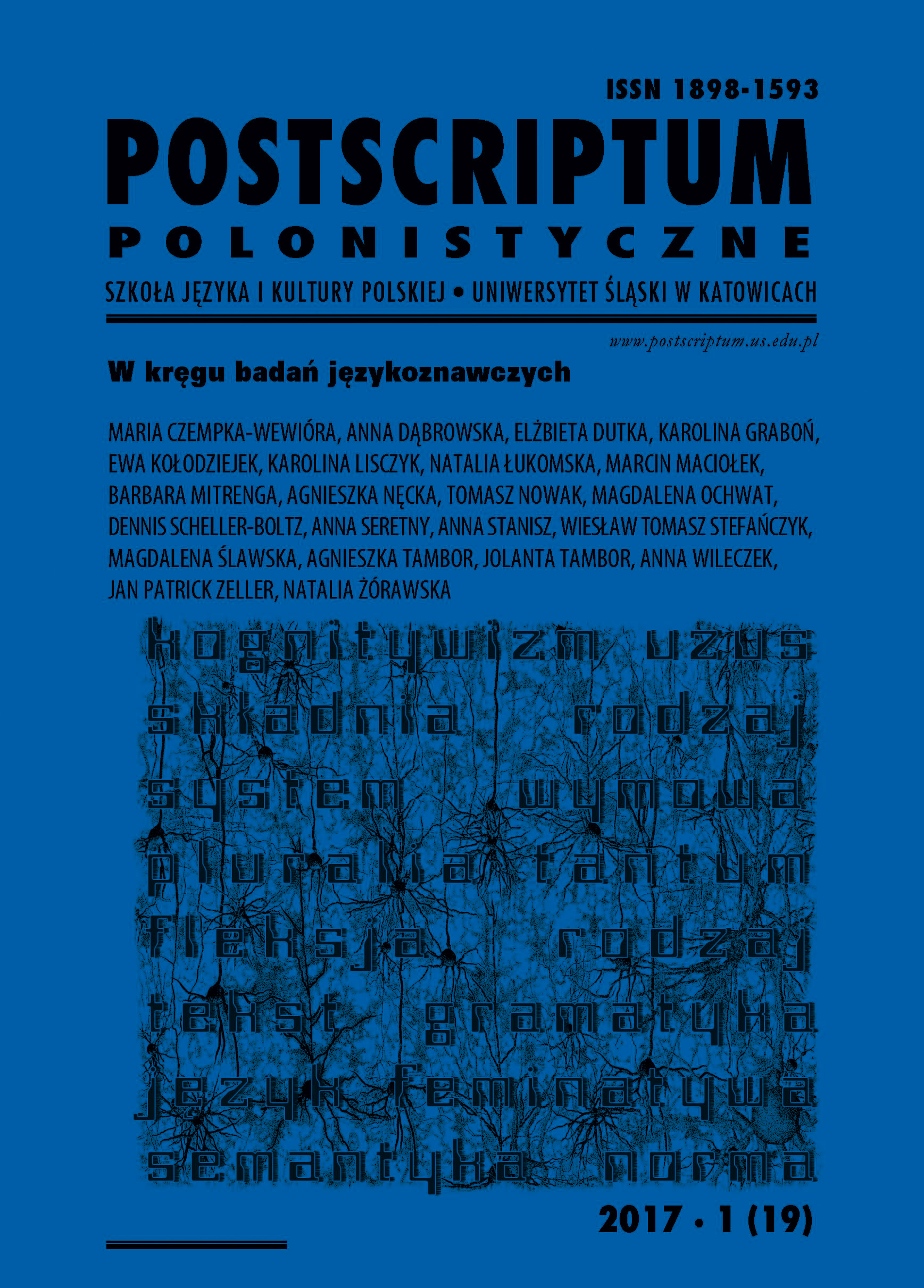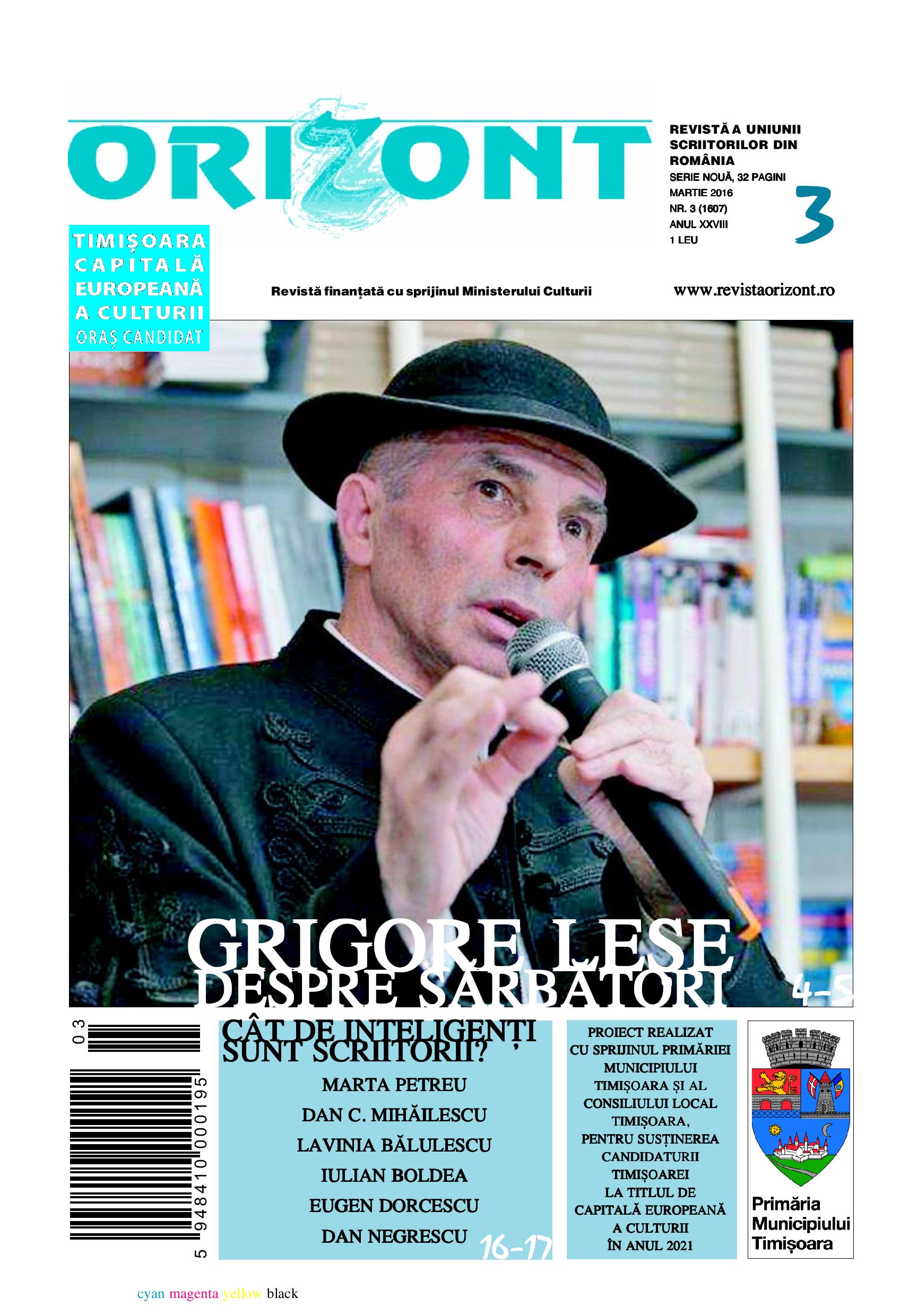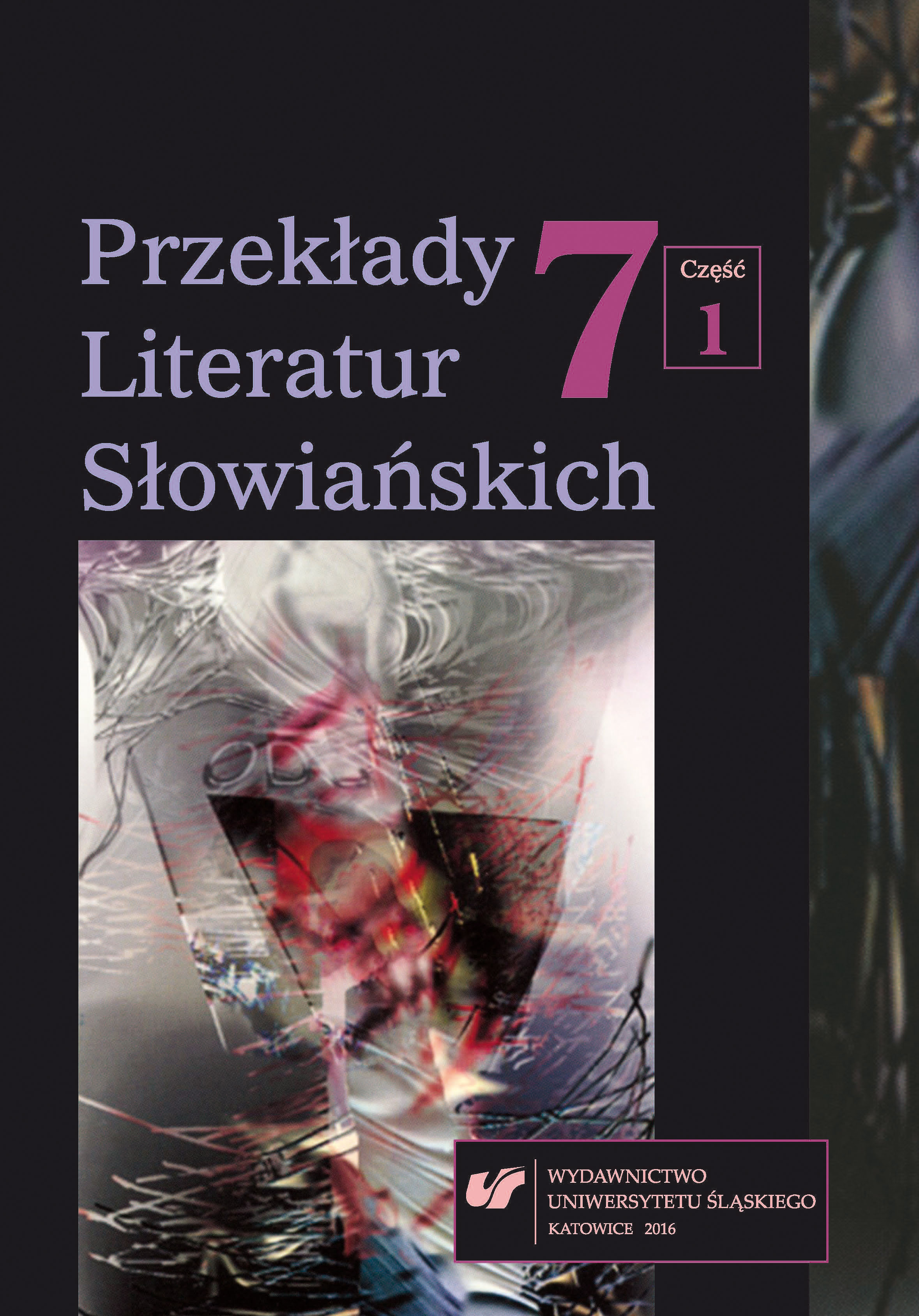
(Samo)spoznaja u odnosu spram Drugoga i strana kultura kao izvor vlastita identiteta: pjesnik Zdravko Malić
This paper deals primarily with the poetry of Zdravko Malić, one of the most prominent Croatian Polonists of the 20th century, founder of Croatian Polonistics as institutionalized philological discipline, and the author of a comprehensive and far‑reachingliterary‑historic and translator’s body of work. Along with his literary‑scientificwork and work as a translator, as a poet Malić wrote a rather small but, in the composition of the whole of his interests, an indicative poetic contribution, which mirrors his research topics and the depth of their perception. As a Polonist, he covered his own poetic practice with a web of intertextual and citation points that helped him to refer to a foreign culture, Polish, as the starting point of his erudition. As a prolegomenon to the insight into his poetic collection, we will give a brief overview of Malić’s body of work and his activities, which supplements his biography as a Polonist.
More...
